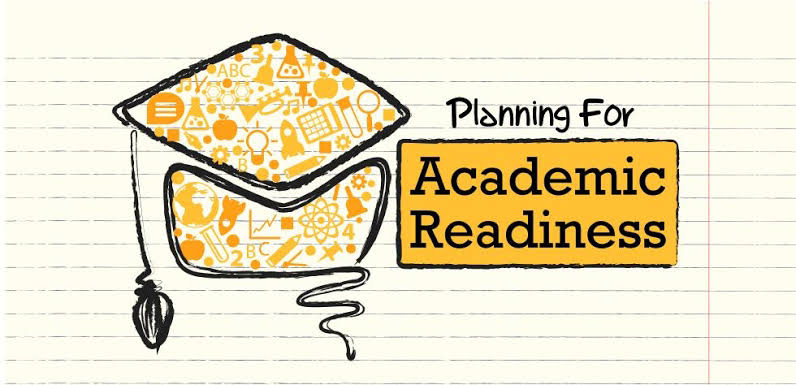1. Brain Development:
The early years of a child's life are a period of significant brain development. Research has shown that the brain undergoes rapid growth and forms neural connections at an astonishing rate during this time. Early childhood education provides a nurturing and stimulating environment that promotes brain development. It offers age-appropriate activities and experiences that help children build cognitive skills, such as problem-solving, memory, attention, and language development. By optimizing brain development in the early years, children are better prepared for future learning and intellectual growth.
2. Social and Emotional Development:
Early childhood education plays a crucial role in shaping a child's social and emotional development. It provides a structured setting where children learn to interact with their peers, navigate social situations, and develop important social skills. Through play and collaborative activities, children learn empathy, sharing, cooperation, and communication. They also begin to understand and manage their emotions, develop self-regulation skills, and build resilience. These social and emotional competencies lay the foundation for positive relationships, emotional well-being, and success in future academic and professional endeavors.
3. Academic Readiness:
Early childhood education prepares children for academic success by introducing them to fundamental concepts and skills. It exposes them to early literacy activities, such as storytelling, rhyming, and recognizing letters and sounds. It also incorporates basic numeracy skills, such as counting, sorting, and recognizing numbers and shapes. By engaging in age-appropriate educational activities, children develop pre-reading, pre-writing, and early math skills, which provide a solid foundation for future academic pursuits. They enter formal schooling with a readiness to learn and are more likely to achieve academic milestones.
4. Critical Thinking and Problem-Solving:
Early childhood education encourages children to think critically and solve problems. Through hands-on experiences, open-ended activities, and exploration, children develop their problem-solving abilities. They learn to ask questions, make observations, experiment, and find solutions. Early childhood education fosters creativity, imagination, and curiosity, which are essential for innovation and adaptability in a rapidly changing world. These skills empower children to approach challenges with confidence and develop a lifelong love for learning.
5. Socialization and Communication:
Early childhood education provides a structured environment for children to socialize and develop effective communication skills. They learn how to listen, follow instructions, express their thoughts and ideas, and engage in meaningful conversations. Through group activities, collaborative play, and sharing experiences, children learn to work as a team, respect others' perspectives, and resolve conflicts peacefully. These social and communication skills lay the groundwork for positive social interactions, successful relationships, and effective communication in various settings throughout their lives.
6. Holistic Development:
Early childhood education recognizes the importance of holistic development, addressing all aspects of a child's growth. It focuses not only on intellectual development but also on physical, social, emotional, and language development. Physical activities and games promote motor skills, coordination, and overall physical well-being. Opportunities for social interaction and emotional exploration foster healthy socio-emotional development. Language-rich environments support language acquisition and communication skills. By nurturing all these areas simultaneously, early childhood education ensures that children receive a comprehensive education that prepares them for a well-rounded future.
7. Long-Term Impact:
Research has consistently shown the long-term benefits of early childhood education. Children who participate in quality early education programs are more likely to graduate from high school, pursue higher education, and have better employment prospects. They have improved cognitive abilities, higher academic achievement, and enhanced social and emotional skills. Early childhood education has also been linked to better health outcomes and reduced involvement in criminal activities. By investing in early childhood education, societies can break the cycle of poverty, reduce educational disparities, and promote social
Given these reasons, investing in early childhood education is crucial for society as a whole. It helps break the cycle of poverty, reduces educational disparities, and fosters a more equitable society by providing every child with an equal opportunity to succeed and thrive.














0 Comments